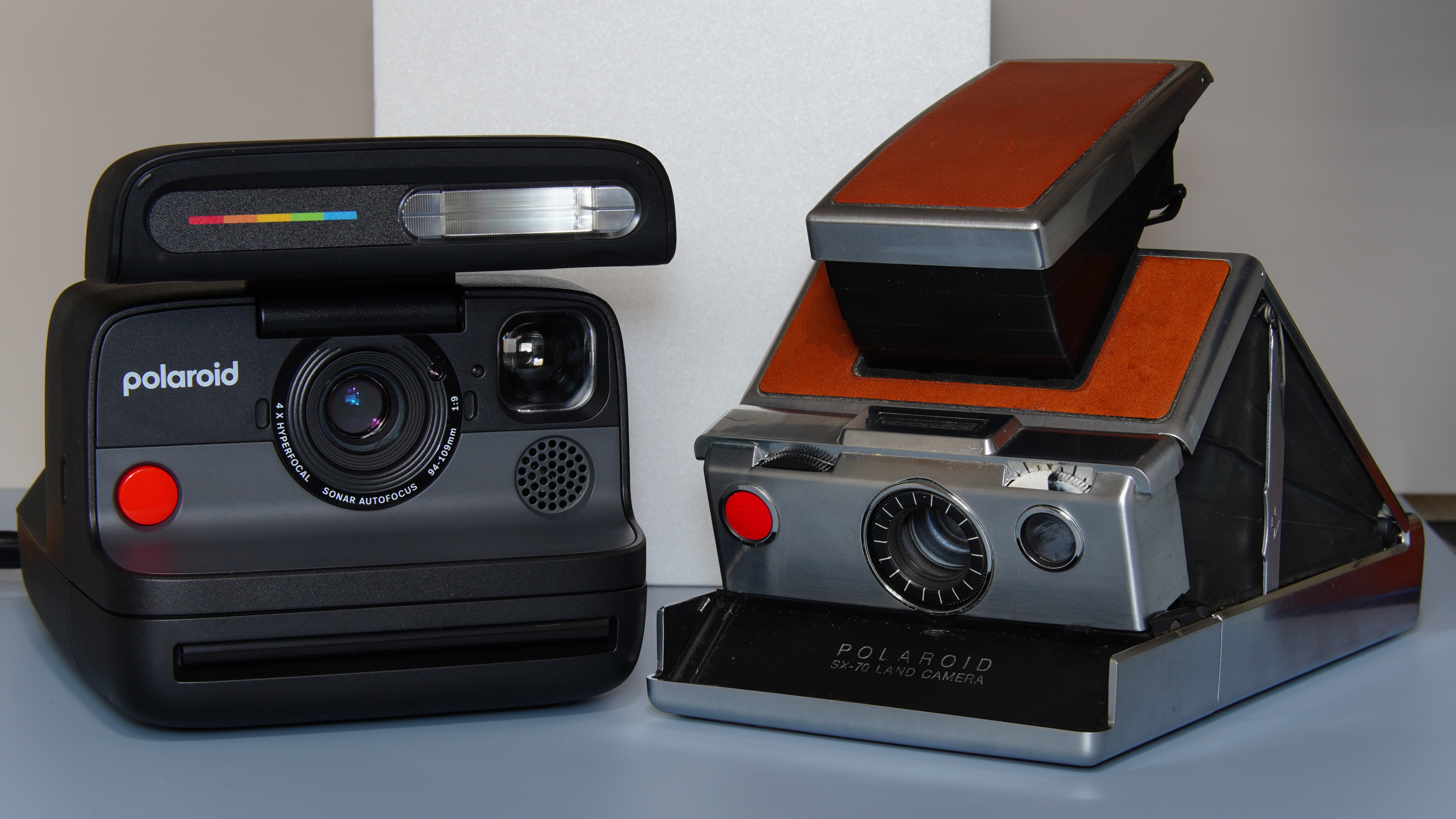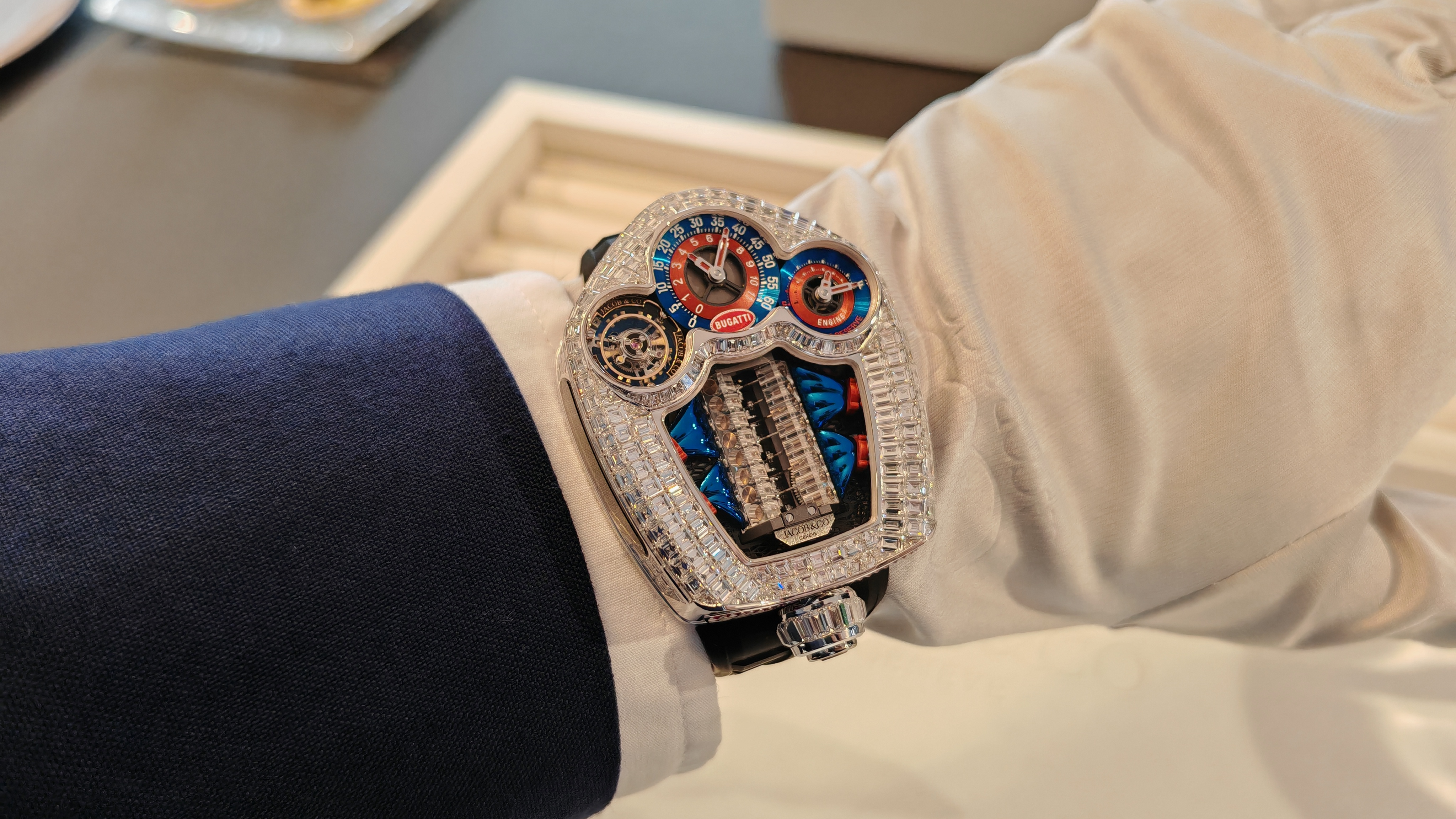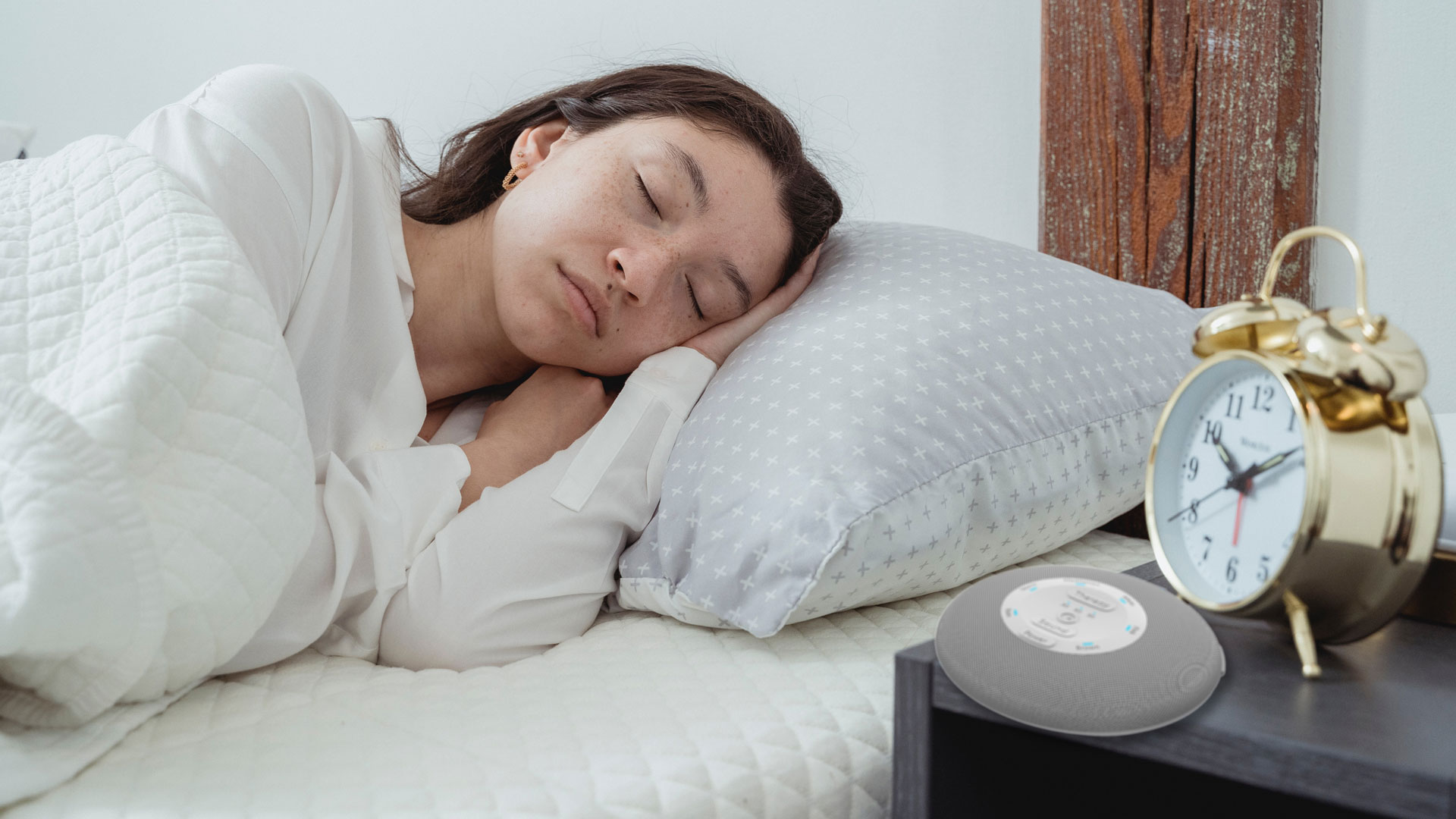
Modern life can be counterproductive for sleep. Even if you can successfully cast aside the stresses and strains of daily life, often you'll find yourself up against noisy traffic, barking dogs or upstairs neighbours as you try to get some shut-eye.
Noise pollution, in all its many guises, can have a significant impact on the quality of your sleep. While you can always try and get the basics right, like buying the best mattress and the best pillow, sometimes you need a little extra help.
Increasingly, white noise machines are helping people to overcome noise pollution, as Christina Graham, sleep specialist and coach for Noom, explains. "Abrupt noise changes within our environment can make it harder to fall asleep and stay asleep," she says. "Introducing a consistent sound from a white noise machine or app can help to mask those abrupt changes, decrease awakenings, and promote more restful sleep."
- Drift off with the best sleep headphones
- Top 3 sleep apps to help you drop off tonight
- 6 ways to shake up your sleep habits, according to a sleep expert
What is a white noise machine?
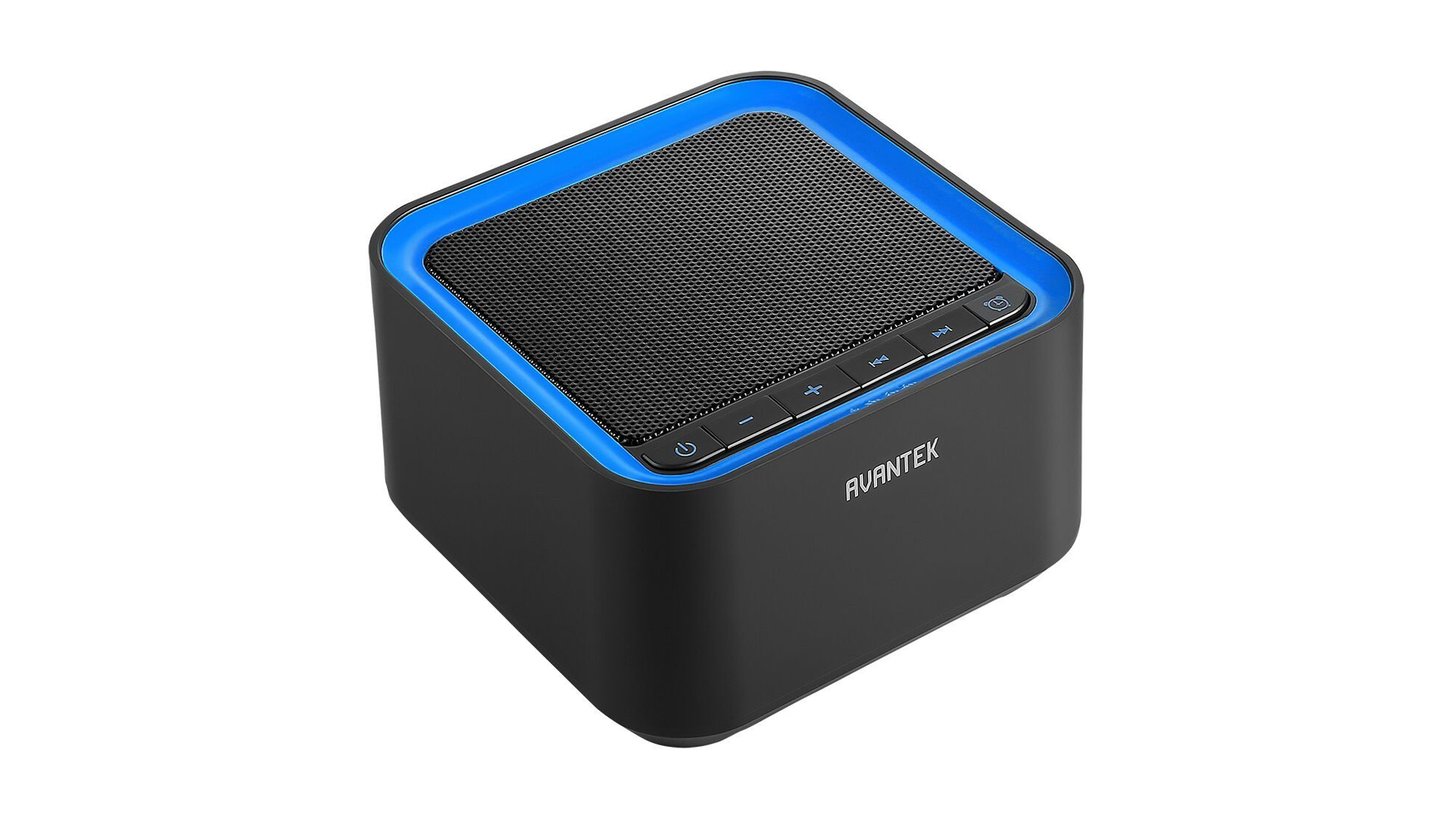
Just as white light features all of the colour wavelengths in the spectrum so that they appear white when they are looked at together, white noise combines every frequency on the acoustic spectrum. Together, they can fuse to override smaller sounds, irrespective of their particular frequency.
White noise machines create sound, often likened to the static from an untuned radio, to blot out all those peripheral sounds that may serve to disrupt your sleep. They come in a variety of guises, from stand-alone machines to Avantek's travel-size one, and an increasing number of apps offer white noise as well.
How does a white noise machine work?
White noise machines work through sound or noise masking, a process that creates a blanket of sound that helps to eliminate all those irritating other sounds that might ordinarily keep you awake. Most will feature a range of sounds to choose from, but will also offer options for 'pink' noise, which has lower frequencies, and 'brown' noise, which is even lower still.
"Pink noise that mimics sounds such as rain and wind has less higher frequencies than white noise and is said to increase deep sleep," says Kate Mikhail, journalist and author of Teach Yourself to Sleep: An Ex-Insomniac's Guide. "This might be useful for shift workers trying to sleep during the day."
Sign up to the T3 newsletter for smarter living straight to your inbox
Get all the latest news, reviews, deals and buying guides on gorgeous tech, home and active products from the T3 experts
Most white noise machines will either create a white noise mechanically or play a digital white noise recording. While sound quality is important, it's key that the device has a timer facility so you know it will turn itself off once you're asleep and so that you can control the volume. Keep it at a sensible level too. Forty-six decibels should be sufficient, but make sure you don't exceed 85 decibels as that can disturb your sleep and possibly impact your hearing.
Can white noise help you to sleep better?
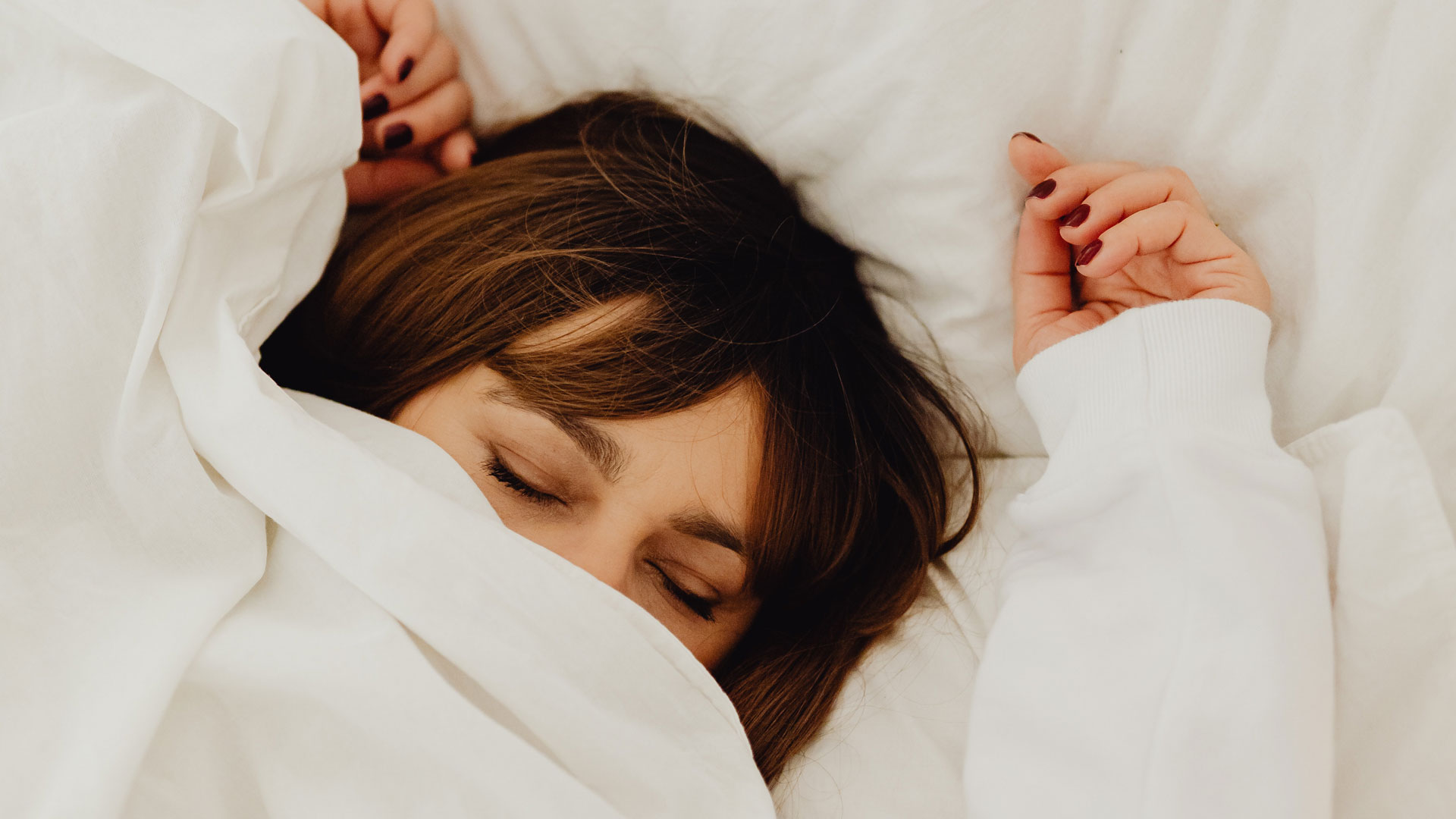
There is a wide range of evidence to suggest that white noise machines might be beneficial in addressing some common sleep problems. A 2017 study in Frontiers in Neurology found that adults fell asleep 38% faster when using white noise, while another published in Sleep Medicine showed that the introduction of white noise machines in intensive care units helped patients to sleep more soundly. Another study revealed that 80% of respondents slept better than those who weren't exposed to it, and it's also thought that white noise may help mothers in settling babies who are struggling to sleep.
But not all experts agree. In 2020, Mathias Basner, a professor of psychiatry at the University of Pennsylvania School of Medicine in Philadelphia, reviewed 38 studies that had looked at using noise as a sleep aid. He found that while some evidence existed that white noise machines could help people to fall asleep faster than normal, not all of the evidence stood up to academic scrutiny.
"He found that 'the quality of evidence for continuous noise improving sleep was very low'," says Mikhail. "There was also some concern that continuous noise in the bedroom might actually disrupt sleep."
Users also need to be realistic about what they can expect to achieve, especially if your sleeping issues are long-standing problems that may require more specialist interventions. "I would add that noise machines, or other sleep gadgets for that matter, are not a silver bullet for all sleep issues," says Mikhail. "It's essential that we look at what is disrupting our sleep, whether that's a racing mind, the inability to switch off at night, or a misaligned circadian rhythm, for example, and then address that."
Read our tips on how to practise good sleep hygiene if you're struggling to get those quality Zzzs.
-
 I spent 6 weeks with the FoodMarble Aire 2: here’s what I learned about my gut health
I spent 6 weeks with the FoodMarble Aire 2: here’s what I learned about my gut healthI’ve been testing the clever breath-testing gadget with the companion app over several weeks to find out if it delivers on its promises
By Lee Bell
-
 Oil pulling is going viral on TikTok for stopping morning breath – but does it actually work?
Oil pulling is going viral on TikTok for stopping morning breath – but does it actually work?4 hacks that prevent morning breath, according to a sleep expert
By Bethan Girdler-Maslen
-
 These limited edition McLaren x Loop earplugs are what you need for Formula 1 season
These limited edition McLaren x Loop earplugs are what you need for Formula 1 seasonMcLaren teams up with Loop on limited edition noise-reducing earplugs
By Bethan Girdler-Maslen
-
 5 sleep supplements that help me achieve 8+ hours of rest every night
5 sleep supplements that help me achieve 8+ hours of rest every nightIt took me years to perfect my sleep routine – here are the supplements that helped
By Lizzie Wilmot
-
 3 reasons why you wake up at 3am every night – and how to avoid it
3 reasons why you wake up at 3am every night – and how to avoid itAlways waking up in the middle of the night? This could be why…
By Bethan Girdler-Maslen
-
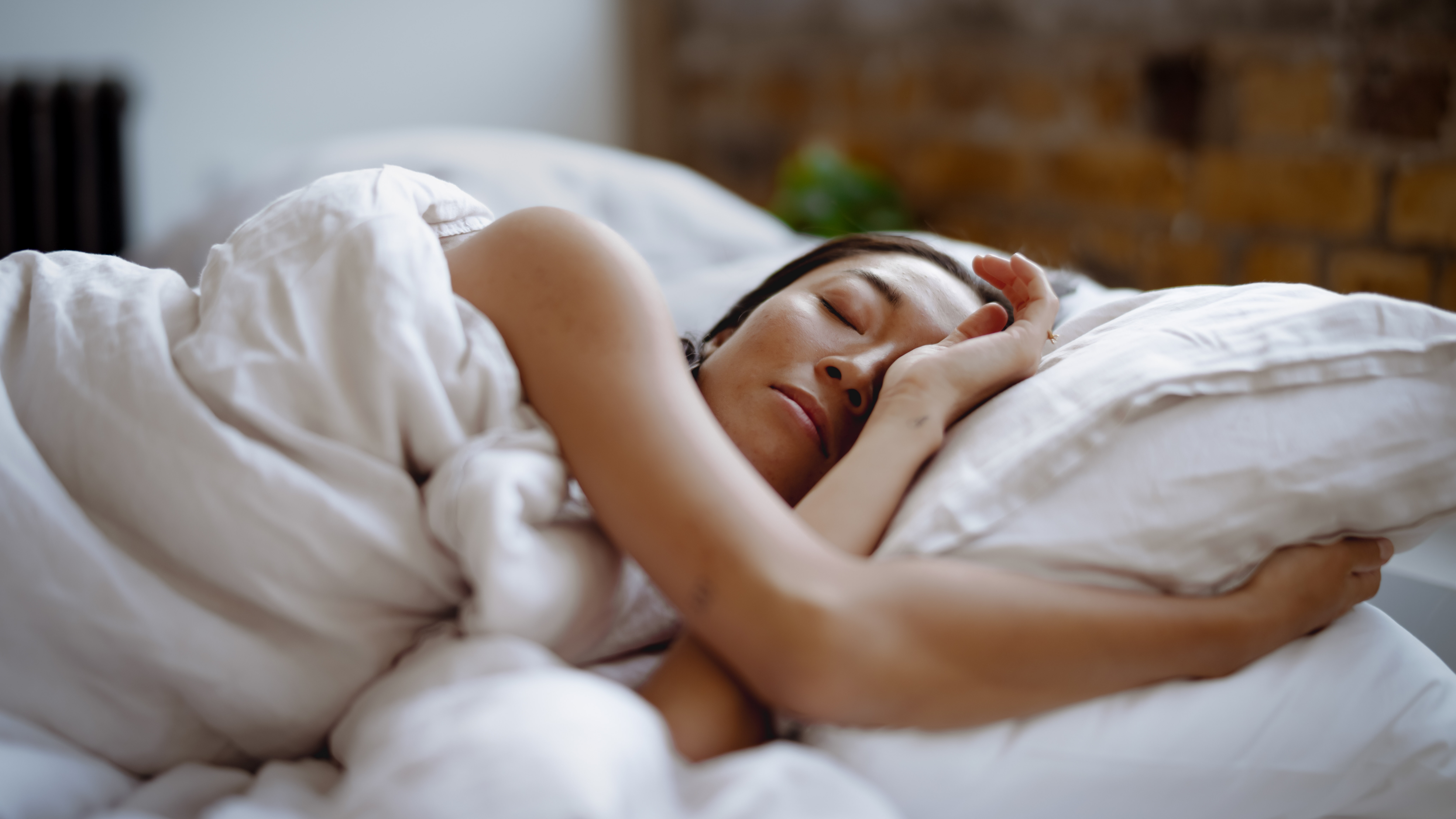 This tiny device will automatically disable your distracting apps before you sleep
This tiny device will automatically disable your distracting apps before you sleepSay hello to Kip...
By Lizzie Wilmot
-
 Therabody experts give 7 tips for perfecting your sleep routine for World Sleep Day
Therabody experts give 7 tips for perfecting your sleep routine for World Sleep DayFrom breathing exercises to sleep masks, here’s how to prioritise sleep, according to experts
By Bethan Girdler-Maslen
-
 Loop Dream review: super soft earplugs to help you snooze soundly, even if you’re a side sleeper
Loop Dream review: super soft earplugs to help you snooze soundly, even if you’re a side sleeperSquishy silicone and uniquely shaped ear tips take Loop’s nighttime earplugs to dreamy heights
By Joanna Ebsworth
